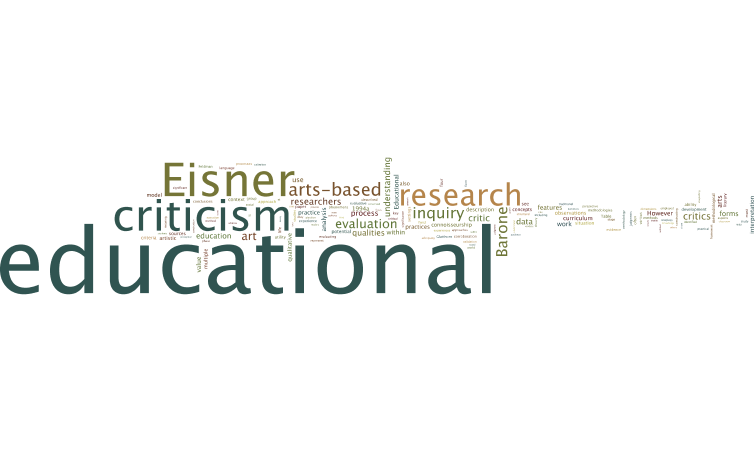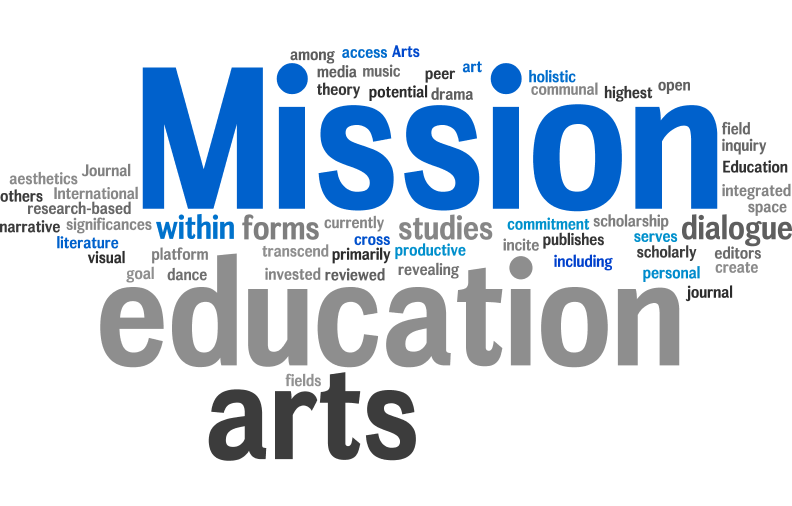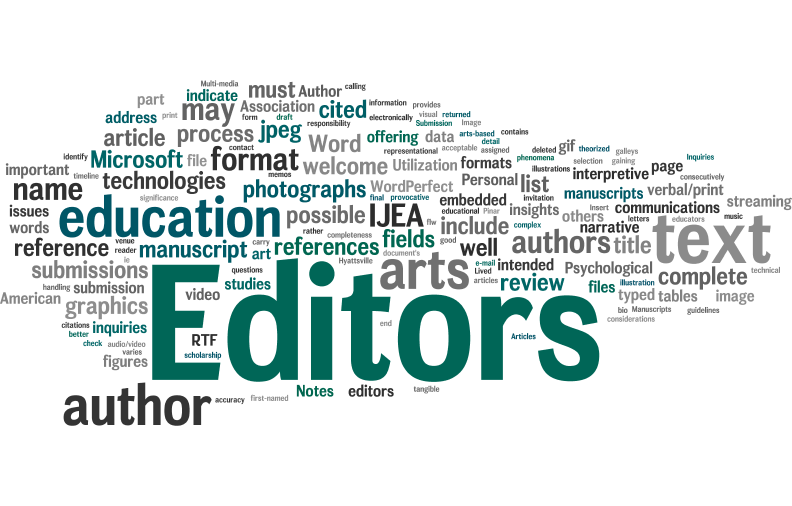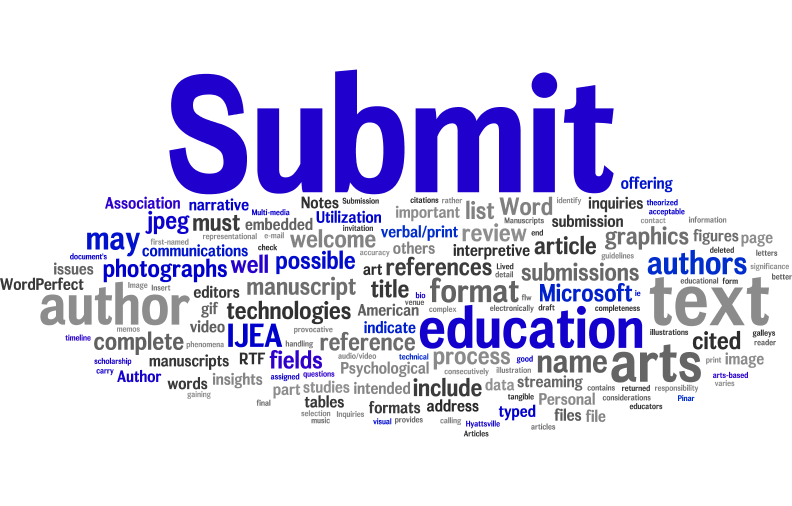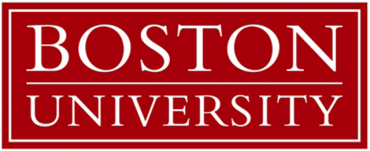| Volume 25 Number 17 | August 12, 2024 |
Constructing Educational Criticism: Methodological Considerations, Procedures, and Evaluative Criteria
Ali Nouri
Malayer University, Iran
Citation: Nouri, A. (2024). Constructing educational criticism: Methodological considerations, procedures, and evaluative criteria. International Journal of Education & the Arts, 25(17). http://doi.org/10.26209/ijea25n17
Abstract
Since the 1950s, educational literature has explored the potential of translating art criticism into classroom practices. This eventually led to the emergence of educational criticism as a distinctive form of inquiry in the 1970s. However, despite its potential for exploring educational experiences and evaluating educational programs, educational criticism remains a relatively underutilized research method within the education community. It is hypothesized that educational researchers are not adequately equipped with the specialized knowledge and technical skills required for constructing an educational criticism. Based on this understanding, this paper aims to clarify what educational criticism is, how it can be used, and what criteria should be used to evaluate its quality. Methodologically, educational criticism is a type of arts-based educational inquiry that is conducted to understand and explore the characteristics, meaning, and/or value of an educational event. Researchers employing this method act as educational connoisseurs who employ the art of criticism to make public their observations of educational practices. These observations are organized through four interrelated features: description, interpretation, evaluation, and thematic analysis. To ensure the trustworthiness of educational criticism, scholars have proposed four core criteria: structural corroboration, consensual validation, referential adequacy, and instrumental utility. This analytical framework enables educational researchers to utilize educational criticism as a tool for exploring educational experiences and evaluating educational practices.
